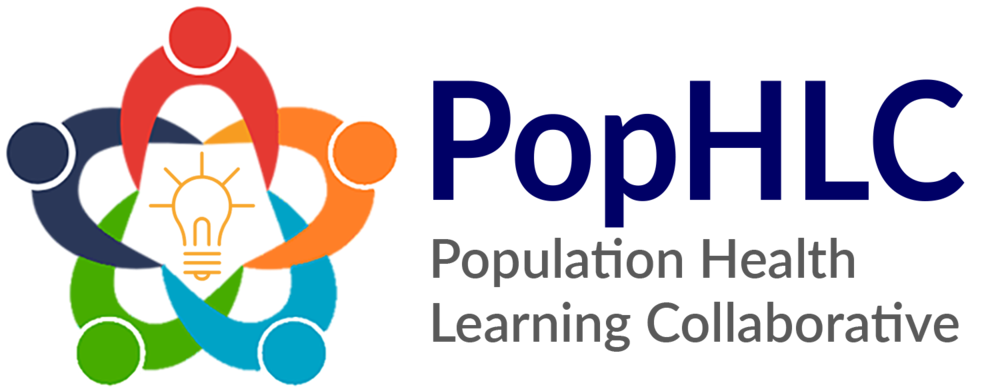January 23, 2020 Webinar
Please join us on January 23 at 3:00 PM Eastern Time
Most coalitions working to end the opioid crisis have taken some steps to launch or expand prescription drug take-back and disposal efforts. This is good—but most communities are making five significant mistakes that greatly reduce the impact of this important strategy. Given that one of the most important contributors to the opioid crisis is the widespread availability of highly addictive pills that are no longer needed for the prescribed use, improving and expanding drug take-back and disposal strategies should be a priority for coalitions everywhere. This free webinar provides practical advice on how to do that.
This webinar is a live (slightly refined) “encore” presentation of content shared in December. The following are comments from December’s post-webinar survey:
Great information.
Seeing how the small things, if implemented correctly, can make a huge impact is very encouraging.
The webinar was informative. [Our] County Public Health already has a secure medicine return program, but the webinar gave me lots of ideas on how to improve our program.
Today's event was very insightful.
The session was very informative and makes it easy for communities to take the next step in their drug prevention efforts Thank you for the valuable information on today's webinar. I will use most of the information and share the resources with my coalition. Everything was quite easily explained and found myself being completely engaged with the webinar. Great job.
Speakers:
Bill Barberg, President & Founder, InsightFormation, Inc.
Kristen Procter, Product & Marketing Strategist Fighting the Opioid Crisis
This webinar showcases important techniques and innovations for all three of the focus areas of the Population Health Learning Collaborative.
Innovative ways to rapidly develop better strategies to address an important population health issue.
Valuable resources to accelerate and enhance the implementation of those strategies
Compelling uses of technology to enhance population health improvement.
The content of the webinar will also help coalitions learn to enhance many other parts of an opioid/addiction prevention strategy.

